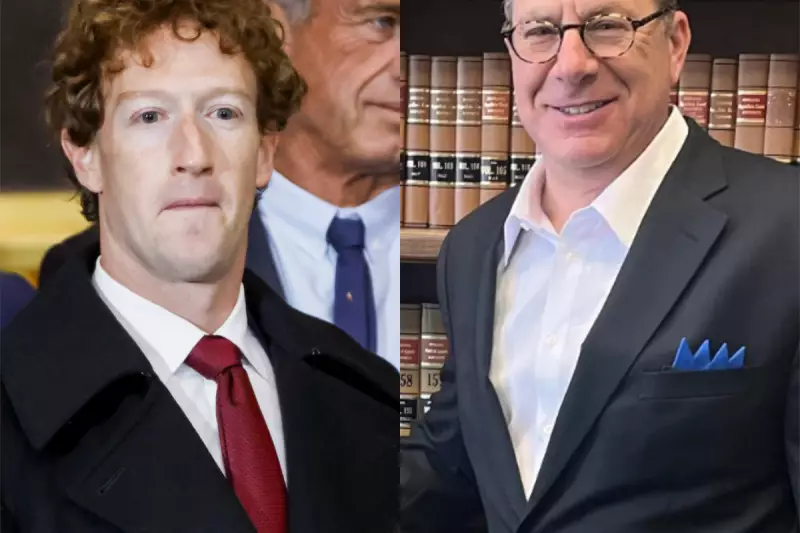
Meta Chief Executive Mark Zuckerberg finds himself in the legal crosshairs once again, as he is personally named as a defendant in a significant lawsuit filed by the state of Indiana. The legal action alleges that the social media behemoth, formerly known as Facebook, knowingly designed its platforms with addictive features that are harmful to the mental wellbeing of children and young adults.
The Core of the Legal Challenge
The lawsuit, spearheaded by Indiana's Attorney General, contends that Meta has repeatedly misled the public about the safety of its platforms, particularly Instagram. It accuses the company of employing psychologically manipulative design features to foster addiction in young users, all while downplaying the known risks to their mental health.
This legal challenge represents a significant escalation in the growing scrutiny faced by Big Tech, moving beyond the corporation itself to directly target its most prominent leader.
A Pattern of Alleged Deception
Central to the state's case are internal company documents and communications, some of which have been previously revealed by whistleblowers. These documents allegedly show that Meta's own research consistently identified the harmful impact its products can have on young people, especially concerning body image issues and anxiety.
Despite this internal knowledge, the lawsuit claims the company publicly presented a façade of concern while continuing to optimise for maximum engagement and usage time among its youngest demographic.
Legal Precedent and Potential Ramifications
By naming Zuckerberg directly, the lawsuit seeks to hold ultimate decision-making power accountable. This move could set a powerful precedent for how tech executives are treated in future litigation concerning their companies' products and policies.
The outcome of this case, which is being closely watched by lawmakers and regulators worldwide, could have profound implications for social media regulation and corporate accountability in the digital age.





